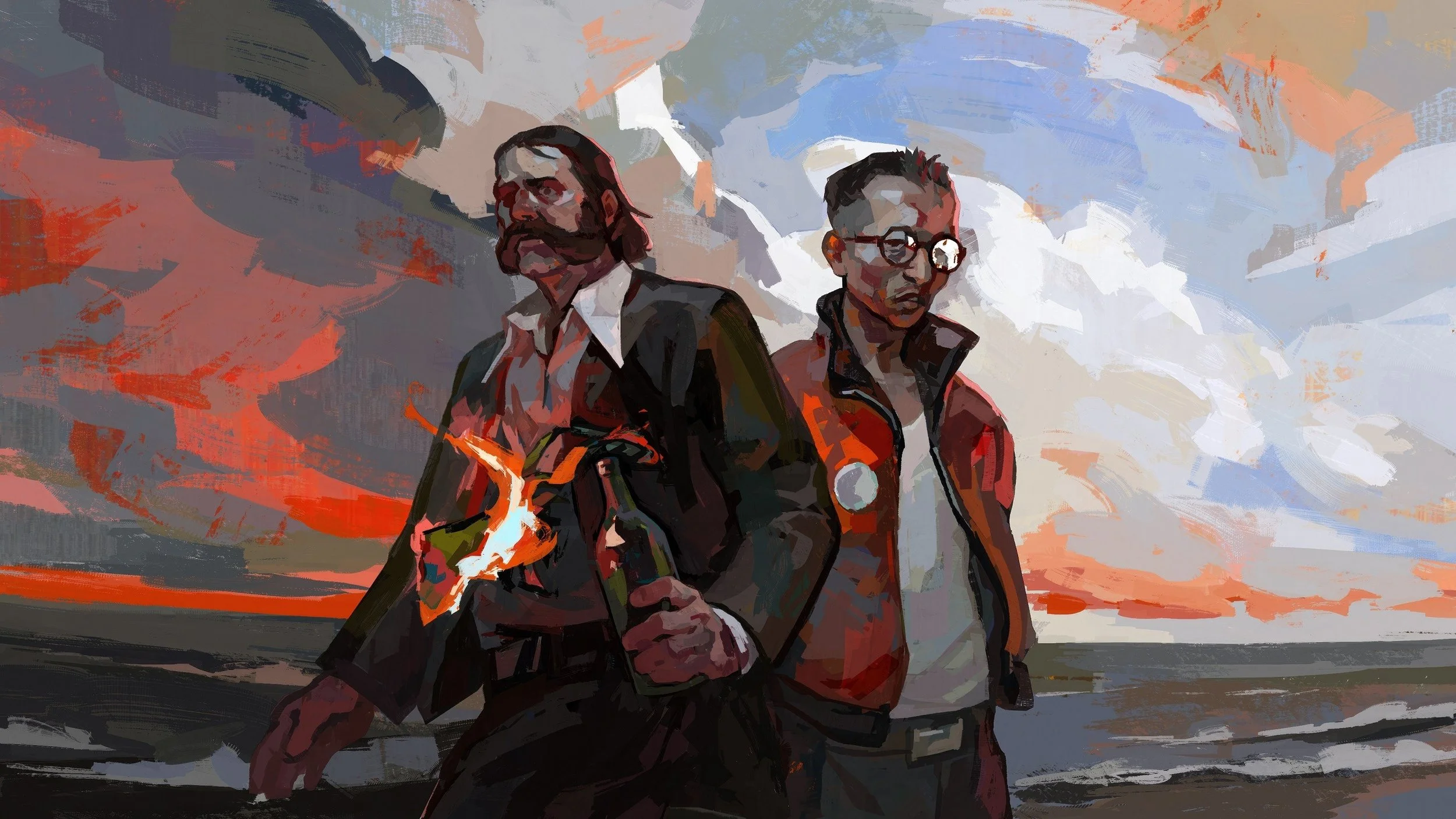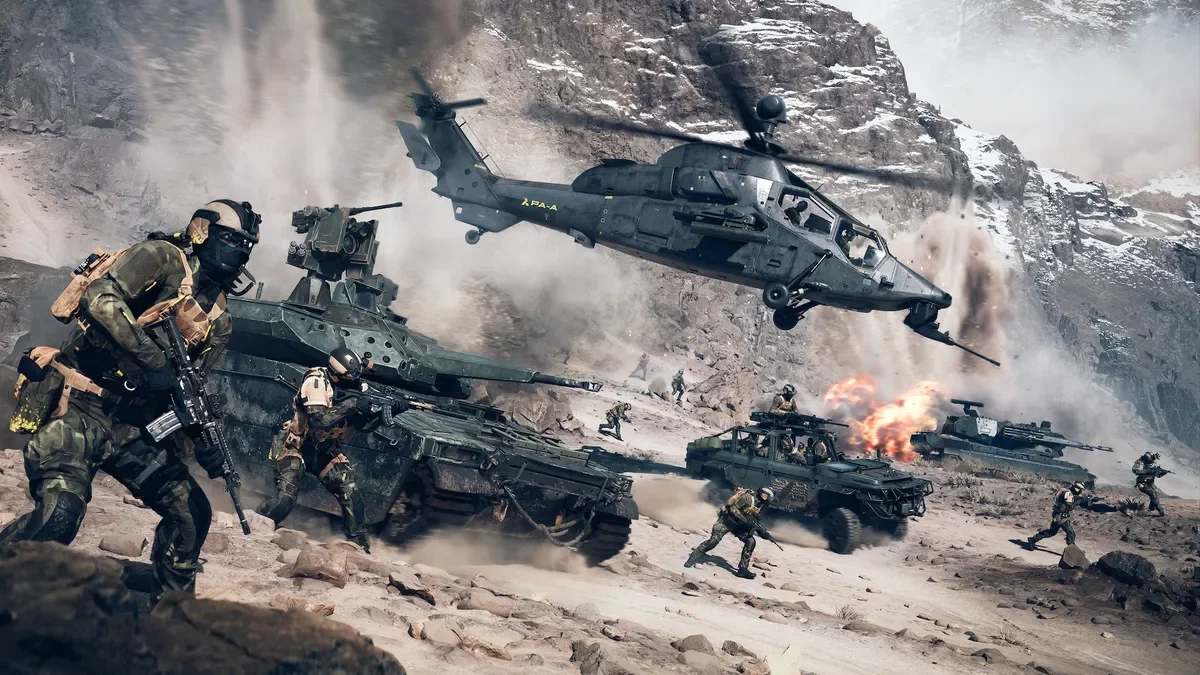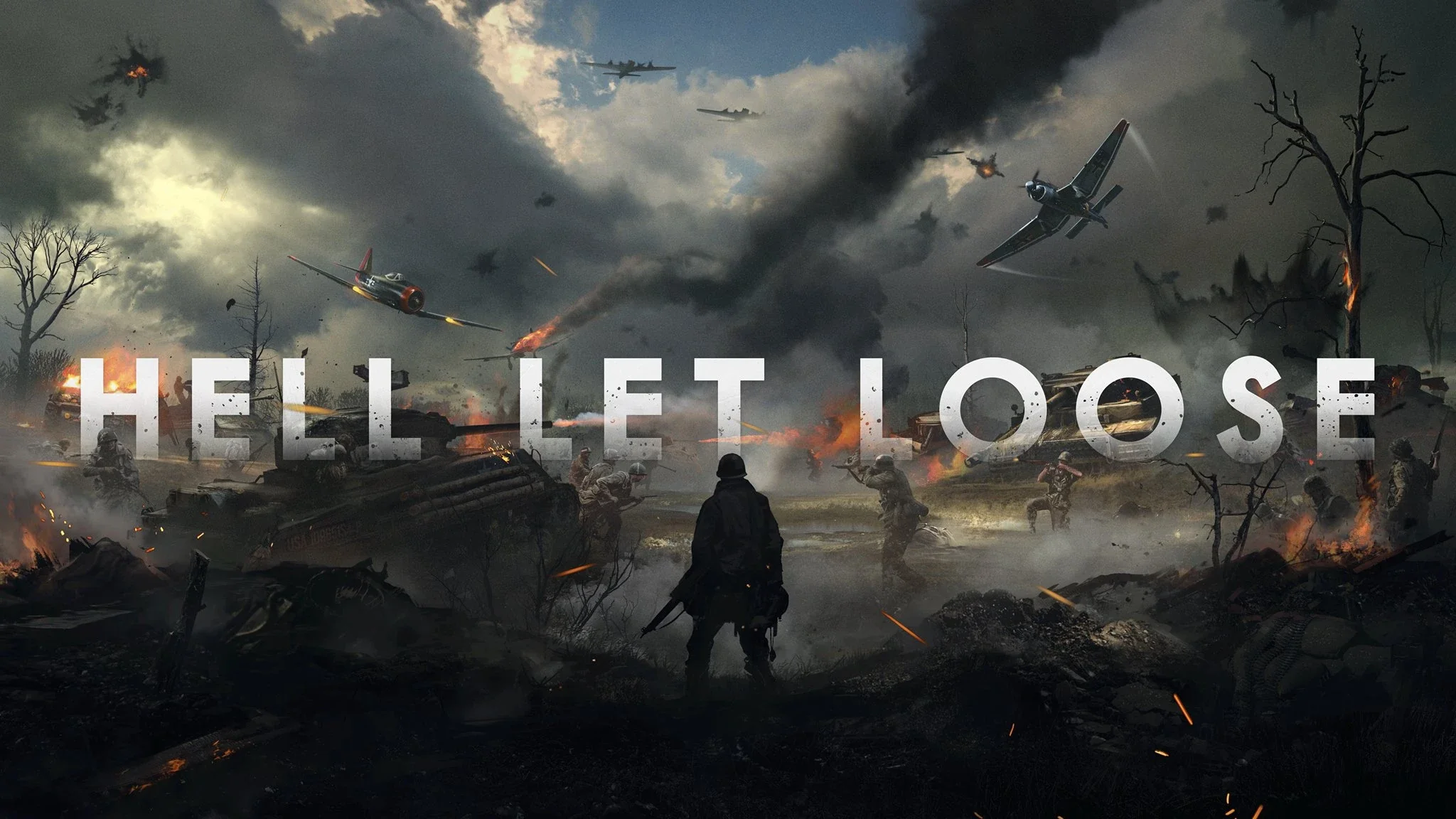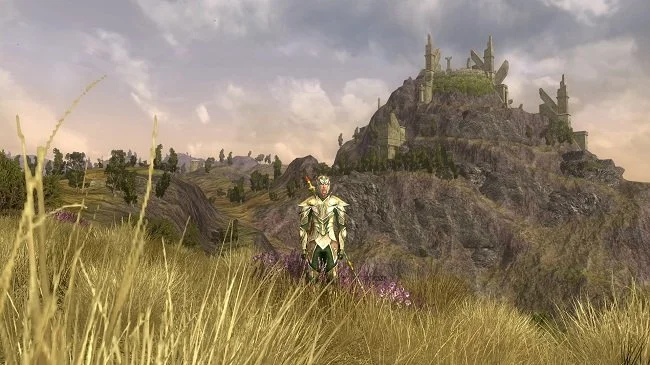Player Representation and Video Games
There was a time when you bought a game, played it, possibly completed it and then that was the end of the matter. Along the way you determined whether you were enjoying it. Often that conclusion dictated how much time you spent playing. Gaming at this point in time, was a relatively straightforward business transaction. If your experience was broadly positive, you’d remember the publisher and look favourably upon their future products. As for the actual business dynamics, it was simple. You paid for the game up front and then later decided the respective value of that financial transaction. How things have changed and not necessarily for the better. We now live in the age of “live services”, microtransactions and games where your expected to forever put your hand in your pocket if you want to keep playing. Games are no longer one-off purchases. Games are an ongoing symbiotic relationship between player and vendor. Or if you want a bleaker analogy, games are a form of interactive, quasi-legal, managed addiction.
As a publisher, if you are selling a continuous smörgåsbord of content to a player base that you want to keep paying, there comes a point where you have to interact with that community and maintain the pretence that your interested in them beyond their ability to keep paying. Hence in some game communities, particularly in the MMO genre, you sometimes get some form of player representation. The most immediate one that comes to mind is The Council of Stellar Management in EVE Online. It’s a player advocacy group consisting of 10 members democratically elected by the players to advise and assist developer’s CCP in the evolution of the game. Back in 2013 Turbine created a player council for The Lord of the Rings Online. An exercise that lasted until 2016. More recently I discovered that there was even a player senate for Star Wars Galaxies Legends. Yes, a game that is officially defunct but has a grey emulation server, has player representation. And many other games, although lacking such councils, have community managers, preferred influencers and high-profile players who are happy to act as a go between.
But does any of this representation work? Is it a genuine conduit between developer, publisher and consumer? Or is it just an PR exercise, that attracts the wrong sort of people, ending in acrimony, rancour and dissent, rather than inclusion, cordial relationships and glasnost. We’ll here’s a quote from Massively Overpowered editor, Bree Royce about the recent SWGL player senate elections. "It did occur to me along the way that in thumbing through the candidates’ platforms, I’ve already spent more time considering the election in an emu for a dead video game than most people spend on actual elections that affect their real lives. That’s… depressing". Yes, it is indeed. Plus I’m sure that electioneering within any game’s community is going to be rife with the same duplicitous, mealy mouthed, spurious bullshit that is endemic with real world canvassing. Politics uses the illusion of inclusion to advance the interest of specific groups, often at the expense of others. Why should that be any different in a game community than in the real world?
From my own perspective, I’m not aware of the LOTRO player council ever having achieved anything of any note. If they did it certainly wasn’t overtly publicised. Having checked though archived blog posts I wrote at the time; it seems that the whole enterprise was nothing but a source of problems. All of which can be distilled into one simple point. Gamers are not a uniform group. They are motivated for a multitude of different reasons and unlike Belinda Carlisle, don’t dream the same dream, nor want the same thing. Hence player councils of these type are seldom truly representative. And just like forums and subreddits, it’s the most vocal that seek to be elected so they can lobby for what they want. Furthermore, for such an enterprise to work, it also requires goodwill and genuine intent from the developer or publisher side. Considering the growing iniquities of the so-called “Triple A” video game industry, the likelihood or there being any to begin with is risible.
I am reminded how during the #gamergate debacle, by the time the main stream press had actually got wind of the matter, there was a debate as to whether there needed to be a “face of gaming” to go on TV chat shows and put the gamers side of things. This was another truly ludicrous idea, based upon the erroneous assumption that gamers are a cohesive social group with a common agenda and set of values. Mercifully it quickly withered on the vine. Overall, there is no quick, easy and accurate way to compartmentalise gamers and represent them. Frankly, old school market research and surveys, with all its flaws and baggage, is potentially a more suitable tool. Overall, I still think it’s a mistake for players to perceive video games as anything else other than a commercial product and themselves as consumers. Yet this myth that the MMORPG genre is some how more than the sum of its part and due to its social component, some sort of autonomous collective, still persists. Considering how often things have ended in tears, you’d think some gamers would have learned by now. But there are none so blind as those who will not see.




























